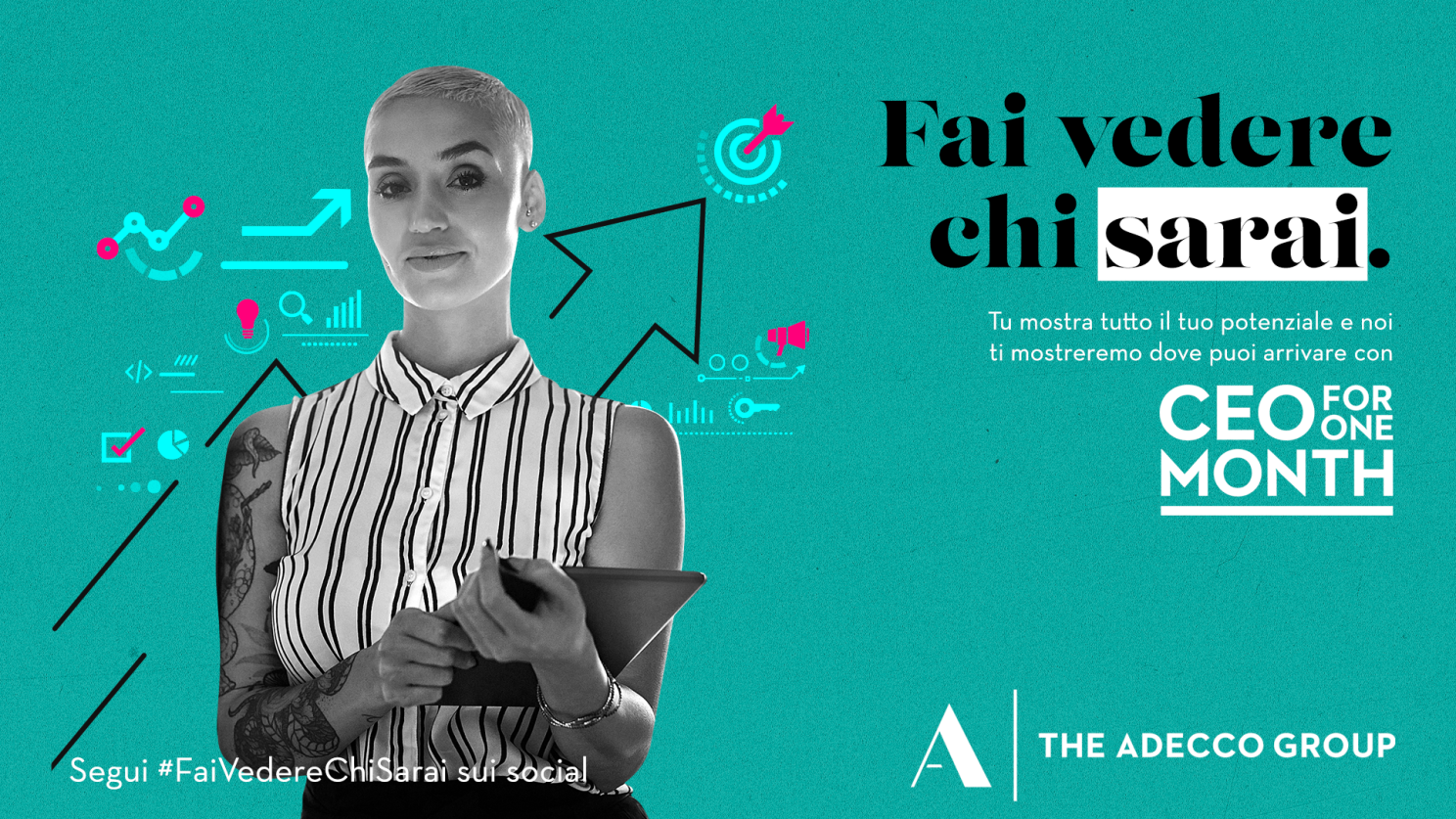Until some time ago, to effectively perform a job, only Hard Skills were required, which are the essential technical competencies learned through studying and then applying them in the field. In recent years, however, we hear more and more about Soft Skills, i.e., those cross-cutting characteristics linked to individual personalities. Specifically, HR managers estimate that 'by 2050, it will be essential to master problem-solving, time management, as well as emotional intelligence and leadership,' crucial for navigating various situations with different stakeholders within evolving patterns and dynamics. In short, Hard Skills are still necessary but not sufficient without Soft Skills. But... How can one learn the latter, making them an integral part of one's personality?

While it is true that most Soft Skills are not learned on command and are the result of a family and school teaching path that begins from a young age, certainly, a fundamental place where they can be learned and actively experienced is the workplace. Unfortunately, in Italy, there is still a tendency to allocate little space to transitional orientation paths between the academic and professional worlds, with very few opportunities for actual experimentation. This is a serious problem because it creates a significant gap: on one hand, there is excessive emphasis on theory without any possibility of practical development, and on the other, there is a risk of developing unrealistic scenarios and self-images that do not correspond to reality, often disproven much later (thinking that you are good at a certain role doesn't necessarily mean you truly are).
For these reasons, resources should be integrated into the system as early as possible, even as simple ghost employees, passive observers. As explained by activist and journalist Elisa Serafini, in many countries, it is common to start working as observers, demonstrating attentiveness in analyzing operational and relational dynamics, understanding when to intervene, and channeling one's efforts and creativity to demonstrate, at the right moment, one's value

In short, beyond the smoke of anticipatory thinking, projects like 'CEO for One Month', promoted by The Adecco Group, are crucial because they align with actions, providing the opportunity for young people to challenge themselves and experience a pragmatic, real-life experience alongside the CEO, in this case, Group CEO Andrea Malacrida.
We accompanied Adecco by crafting the Videostrategy® for two editions, illustrating the complex selection process: we captured 12,000 boys and girls from 46 countries competing in a variety of tests, from psychometric assessments to interviews and video interviews, from online business games to a group Virtual Assessment. We then showcased the finalists, who gathered at the Adecco Bootcamp to face each other in the final challenge. We stayed with them to document the excitement, hope, and passion in the continuous ideation of new ideas. There was only one winner, but the others learned to manage space, time, and themselves within group dynamics.

Initiatives like these benefit not only young individuals but also companies, as resources are no longer solely interested in the job title and organizational positioning but, above all, in the content they will be handling. Allowing resources to enter the workplace as early as possible can prevent companies from facing turnover, unnecessary time and money investments, ensuring the exercise of attraction & retention activities through projects that have a high impact in terms of social responsibility. Communicating externally about one's way of doing, being, and expressing oneself shortens the distance between ideas and actions, shaping a renewed and mutually beneficial balance for all parties involved.
Curious to learn more? Watch all the videos on our website!